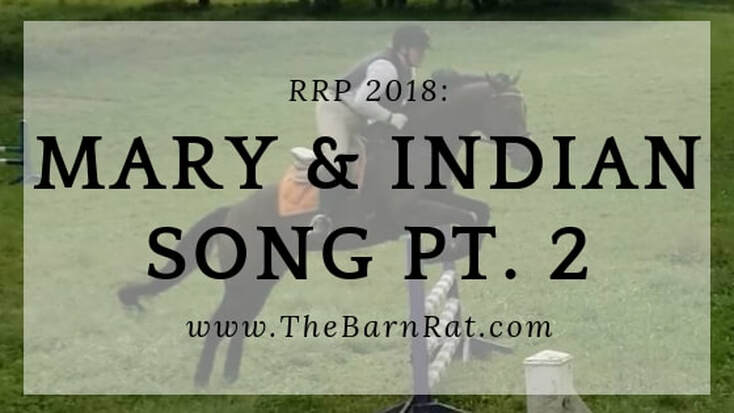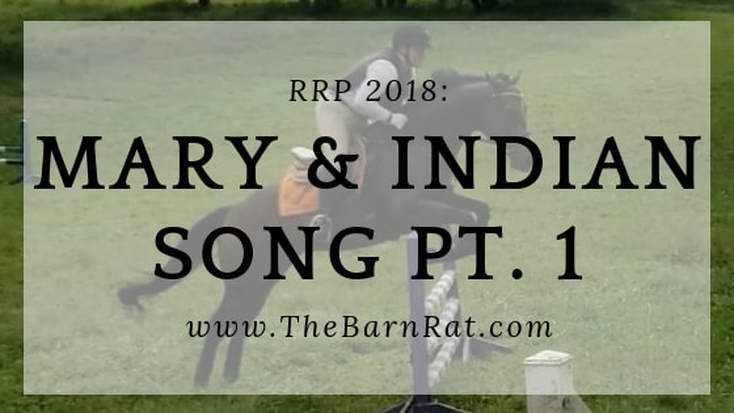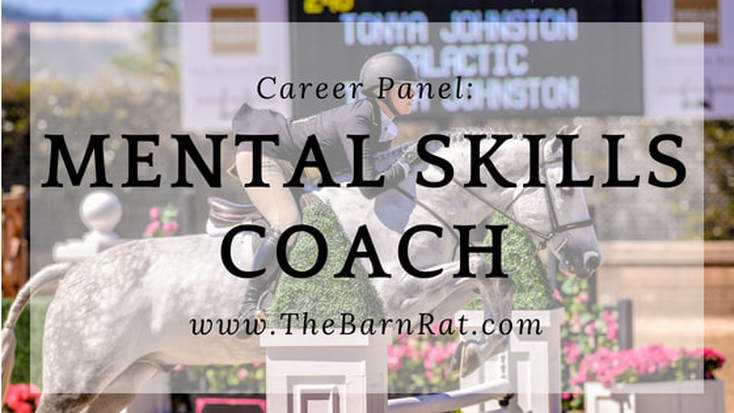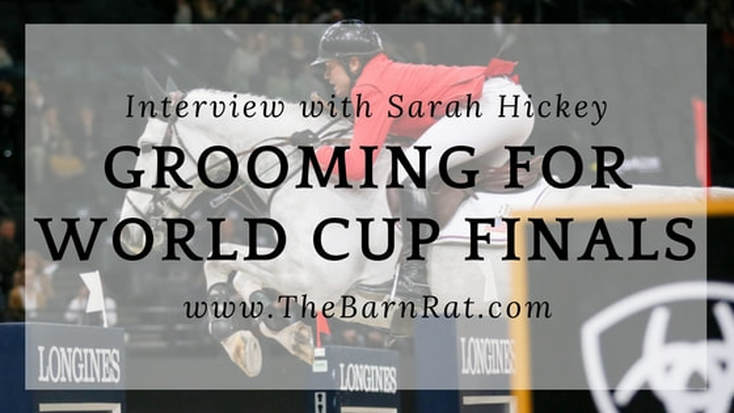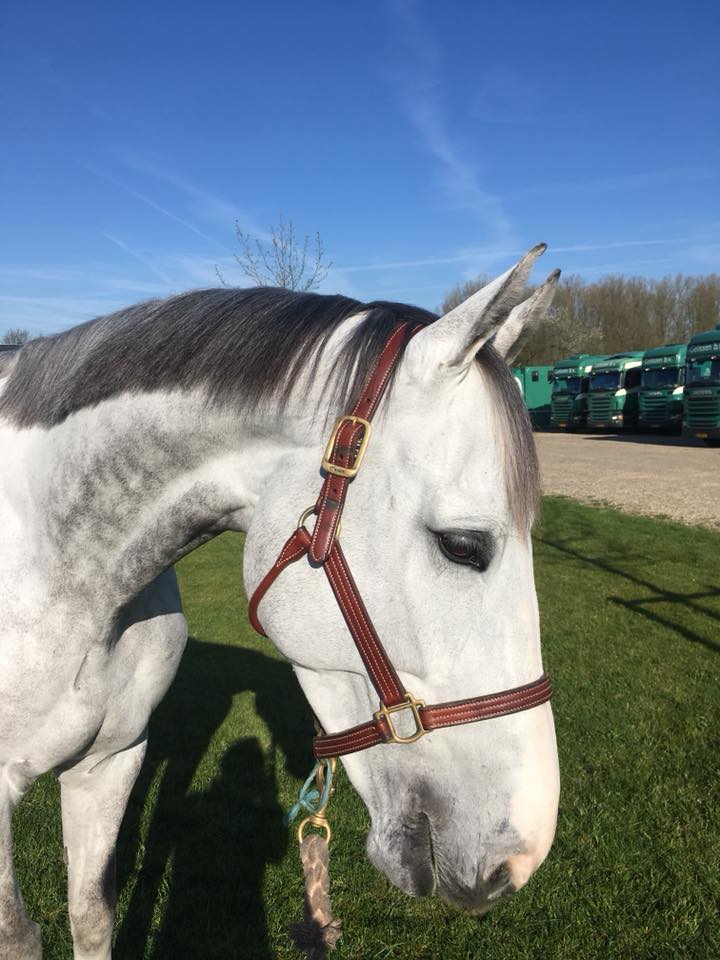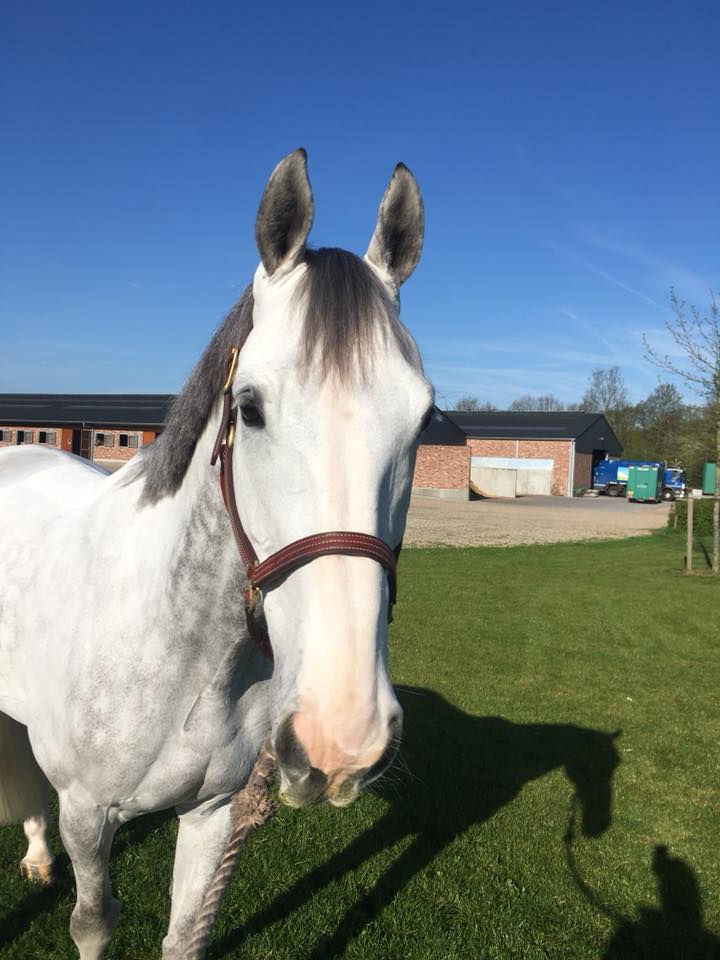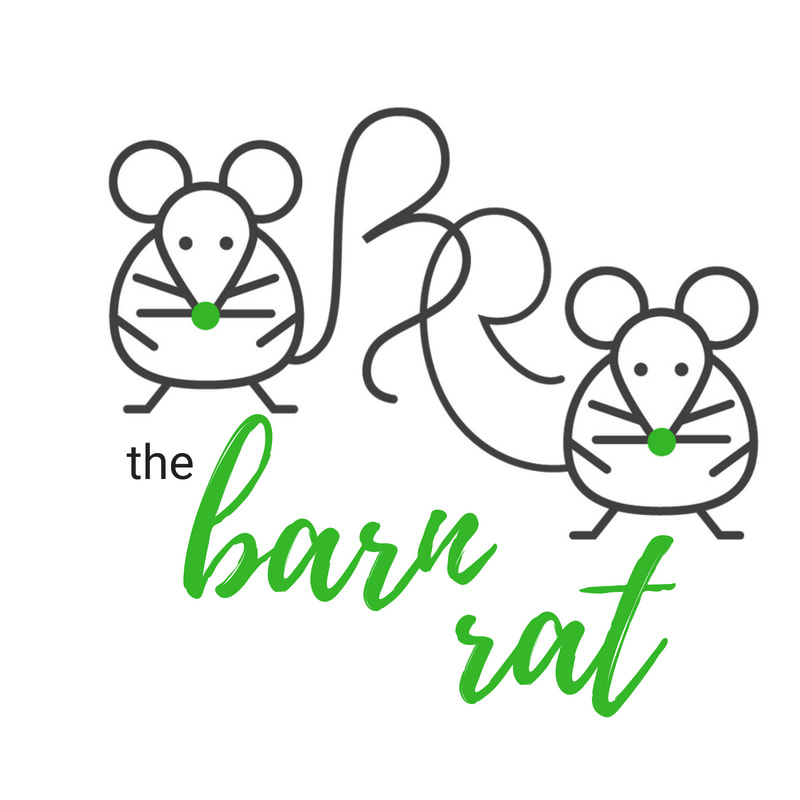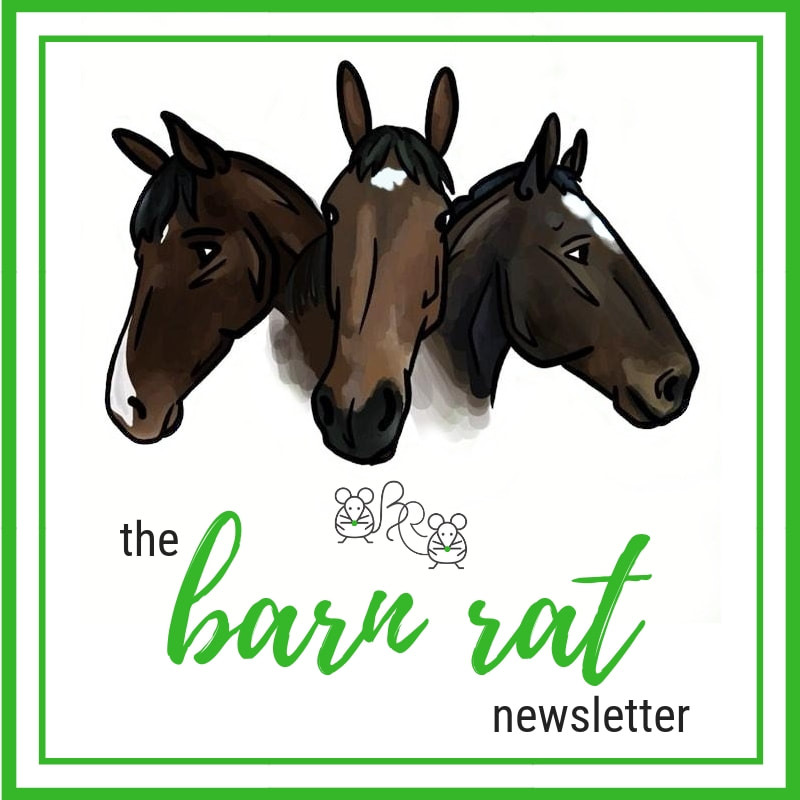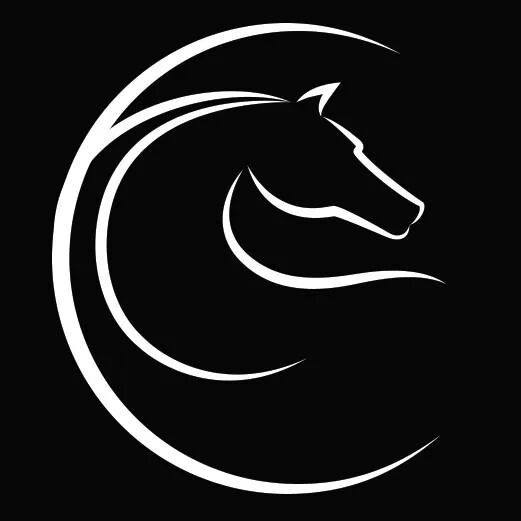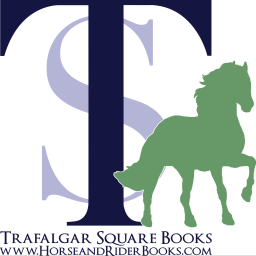|
We heard from Mary Roby about her experiences preparing for the Retired Racehorse Project in Part 1 and now we are catching up with her to hear about her time in Kentucky with her horse Indy. Applications are currently open (Through Jan 15th!) and I shared that I will hopefully participating myself this year. So enjoy and cross your fingers to be hearing a whole lot more about this project!
0 Comments
Right now there are hundreds of horses and riders flooding Kentucky. Those horses are all retired racehorses and those riders have taken them from the track and in a total of ten months brought them to the Retired Racehorse Project to show off their new careers. Today we got to talk to one of those ambitious riders and learn about the process leading up to this weekend!
I'm so excited about this interview! Today we are sitting down with Tonya Johnston a mental skills coach who helps riders overcome fears and hangups in the saddle. Her book, Inside Your Ride, is filled with practical tips to help you feel more confident. Read below about what her unique job is like! 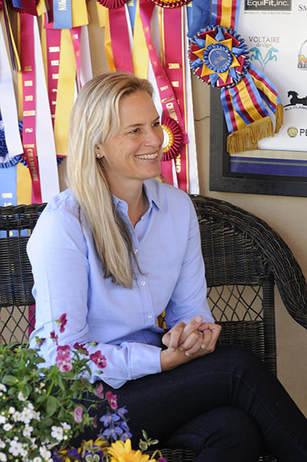 TBR: What is your job title? TJ: I have a master's degree in applied sport psychology, and I am a Mental Skills Coach. TBR: Describe your position and your average workday. TJ: I help riders develop their mental skills in order to be prepared, consistent and confident when they go in the ring. I have sessions with clients all over the country, Canada and Europe via FaceTime, Skype and phone. In a typical work day I may have sessions with clients, return emails, reply to Facebook and Instagram messages, work on writing projects, plan and organize my podcast tapings, book workshops with private barns and teams, write and review client notes, read magazines/articles/publications/books to stay current in equestrian sport and sport psychology, prepare for workshops or speaking engagements, talk to prospective clients on the phone and more. There is always a lot to do and each day is different depending on what is coming up in my calendar -- I love it! TBR: What is the best part of your job? TJ: I really adore everything about my job. I know it’s a cliché but it truly never feels like work. When I see and hear clients have an "ah-ha" moment or tell me a story from a recent show where they experienced the benefits of their mental skills I get so excited! It's fun to be on so many different teams and feel that my work spreads out into the world through such a great variety of people. Some of my favorite stories from clients revolve around them deepening their commitment to their process, and trusting that their competition results will then take care of themselves. Also, when a client tells me they are enjoying their horses more, feeling confident and having fun it is absolutely the best! TBR: What is the hardest/least desirable part of your job? TJ: I am able work with clients all over world from my office which is phenomenal, but I need to get a treadmill desk - I honestly sit too much! TBR: How many hours a week do you spend working? What is the work/life balance like? TJ: There are weeks I work every day of the week for sure -- a blend of writing, client appointments, notes, emails, talking to parents, etc. but I think that is true for anyone that owns their own business. The great part is that I set my own schedule and so I can carve out family time and time to ride and show myself. 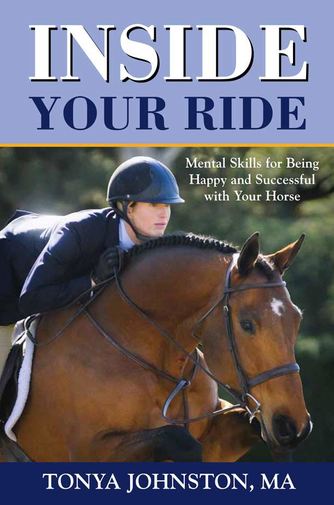 TBR: What advice would you give to someone wanting to do this job? TJ: I come from a true sport psychology background, with my undergraduate degree in psychology and a master's degree in sport psychology. I really recommend getting an advanced degree that not only gets you a solid education in the field but also provides lots of supervised, applied experiences working with athletes. You want to understand the theory and research behind the performance skills you teach in order to be truly effective. TBR: What is the range of pay for this position? TJ: The pay range is wide because this isn't the type of job you can apply for - you have to build it from the ground up. You can expect to need a variety of income streams when you are just starting out. TBR: What are 3 things you would want someone applying for this job to know? TJ: Well, first of all - you can’t really apply for this job; you have to have the passion, strength and tenacity to build your business yourself. However, sport psychology has come a very long way since I started my practice in 1993. People understand that working on your mental game is essential and athletes are much more open about using mental skills coaches than they were back then. Therefore, you will find that riders are quite receptive and interested in your work which will be encouraging as you get started. Have faith in yourself, it takes time to build your business but you can do it. This can be hard to grasp at first but it is a positive when your clients don’t need you anymore! Your ultimate goal is to empower them to understand themselves and how they can best support their own riding goals. There is no room for ego in this profession. Never forget that it is all about your clients; it’s not about you. It can make promoting your business and marketing a bit challenging, but if you keep doing quality work people will find you. Imagine traveling half way around the country, driving through three countries and arriving at the World Cup Finals in Paris, France. To many this sounds like an amazing journey, and for Sarah Hickey this was her trip. The Barn Rat was able to catch up with Sarah who groomed for second place finisher Devin Ryan and his ride Eddie Blue. 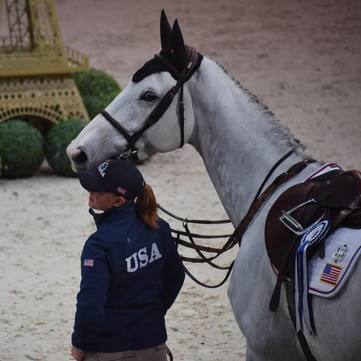 Sarah and Eddie Blue during the awards ceremony. Sarah and Eddie Blue during the awards ceremony. TBR: How did you start working for Devin? Sarah Hickey: "I've known Devin for the past 11 years. I started riding with Devin when I was 16 and brought up two young ones with him. I worked for him in and out of college so we've always had a great relationship. He called me up in January, he didn't have anyone to go to Ocala with him. So I spent February and March down there with him and when he qualified for Paris he invited me to come along. TBR: How was prepping to go to Paris? SH: We got home from Ocala the end of March and for the next week Devin rode Eddie. Then, Eddie and I left his farm April 4th and Eddie was in my hands from then on. I flew with him, we went to the arc in JFK and we waited there for a few hours. I flew with him to Amsterdam, when we landed we had to wait and go through customs. And then we took a lorry to a farm in Holland, we went to Allan Waldman's farm, Waldman Horses, for a couple days. From Wednesday to Monday morning we were there. Monday morning we took another lorry, it was a six and a half our trip to Paris to get to the horse show. Schooling was Tuesday and the warm up round was Wednesday. 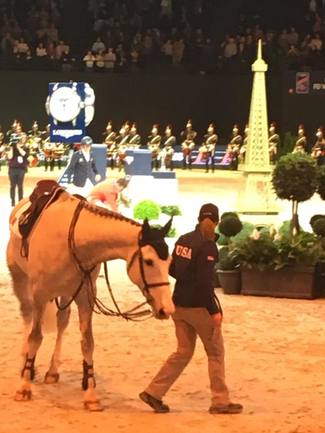 TBR: What was grooming for an FEI event like? Had you done that before? SH: So I was totally excited for Paris, this was my first big FEI competition that I had done. I had some experience going to Live Oak in Ocala and that was really it. So when I talked to Devin, he said it's just another horse show. For Devin it was just another show, but for me I really had to make sure I had my stuff together and be on my A game. When we got to Paris it was like nothing I'd ever experienced. We were stabled with US team, so you have Beezie Madden, McLain Ward, Richard Spooner, they were all in the same aisle as us. And there was a great level of professionalism everyone got along, we all just knew what we had to do and got it done. It was very different from a regular horse show when you are dealing with clients. This was totally different level, which was really exciting for me and a lot of fun and I learned a lot and I got to talk to the other grooms. TBR: How was dealing with FEI? Were there any additional hoops you had to go through that you don't at a regular horse show? SH: There was definitely security, you had to go through security any time you left the stabling area, so you had to have your credentials on you 24/7. There were rules that I wasn't aware of until I got there having not been in the FEI world before and not knowing but it didn't feel like there were too many hoops to jump through. You just had to be on top of your game and detailed oriented, there were always FEI stewards walking up and down the aisles making sure nothing was going on. Of course, nothing ever was but before Eddie left to go compete and they would hold up a heat sensor cameras to his legs to make sure they weren't too hot or too cold. To me it was just fun, like "cool, what are you guys doing? what do you need from me?" TBR: The warm up class was Wednesday, what days and classes did Devin and Eddie show? SH: So Devin's plan for the warm up was to do the first five jumps if Eddie was feeling good, or if he wasn't really behaving he would complete the course. So he did well and only did the first five jumps on Wednesday and Thursday was the first round of the final. He came in third. Friday was round two, and he got a time fault and did not continue to the jump off. Saturday was a day off and Devin just hacked Eddie around to school. And Sunday was the final with two rounds each. Eddie was great and never had a rail the whole time, what I think set them back was that one fault. For Devin's first World Cup Finals ever and Eddie's first international show at nine years old I don't think you could ask for that horse to perform any better. TBR: So, what is Eddie Blue's personality like? SH: I'd be lying if I said he was the easiest horse to work with. He is a bit snarkey. If he didn't like what you were doing he would maybe try and nip you. He's not a fan of his ears being clipped or when you have to braid up by his ears. But, after two weeks of taking care of his every need I really got to know him and I love him. I would groom for him again anytime. 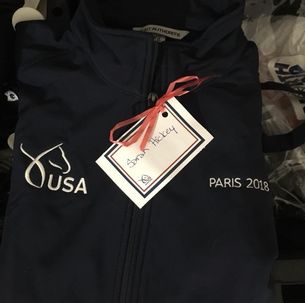 TBR: Was there anything unexpected that happened or a time where things didn't go as planned? SH: So the braiding would definitely be one of them. I had braided a little before but then I get this job where he has to be braided every day and I was worried he would look terrible going in to the World Cup Finals. By Sunday his braids looked great! One of the other things I wasn't expecting was to develop really good relationships with the other grooms. They have all become really good friends now. At any point in time I could reach out and ask questions. I grew closest to Jamie Barge's groom Sarah Griffen, we did everything together. Without those relationships I think it wouldn't have been as much fun. TBR: If anyone wanted to be a groom, FEI or just in general, what advice would give someone wanting that job? SH: Right off the bat I would say you need to be 110% devoted to the horses. Most horse people understand that it is long days, but I don't think you truly understand a long day until you've been at a horse show for ten straight weeks. Or being at these FEI competitions were the rounds don't start until 8pm at night. You are devoting endless hours of your day. You have to want to love it and want to be in the barn doting on these horses and just be there for them. I was the constant person for Eddie, and that made it worth it to me. The relationship that we built made those long hours worth it for me. Everything else will fall in to place, if you really into it and love it, being organized and detailed oriented, that will sort of fall into place. Devin Ryan owns River Run Stables in Long Valley, NJ.
|
Categories
All
SponsorsInterested in sponsoring The Barn Rat? Be sure to contact us here!
|
